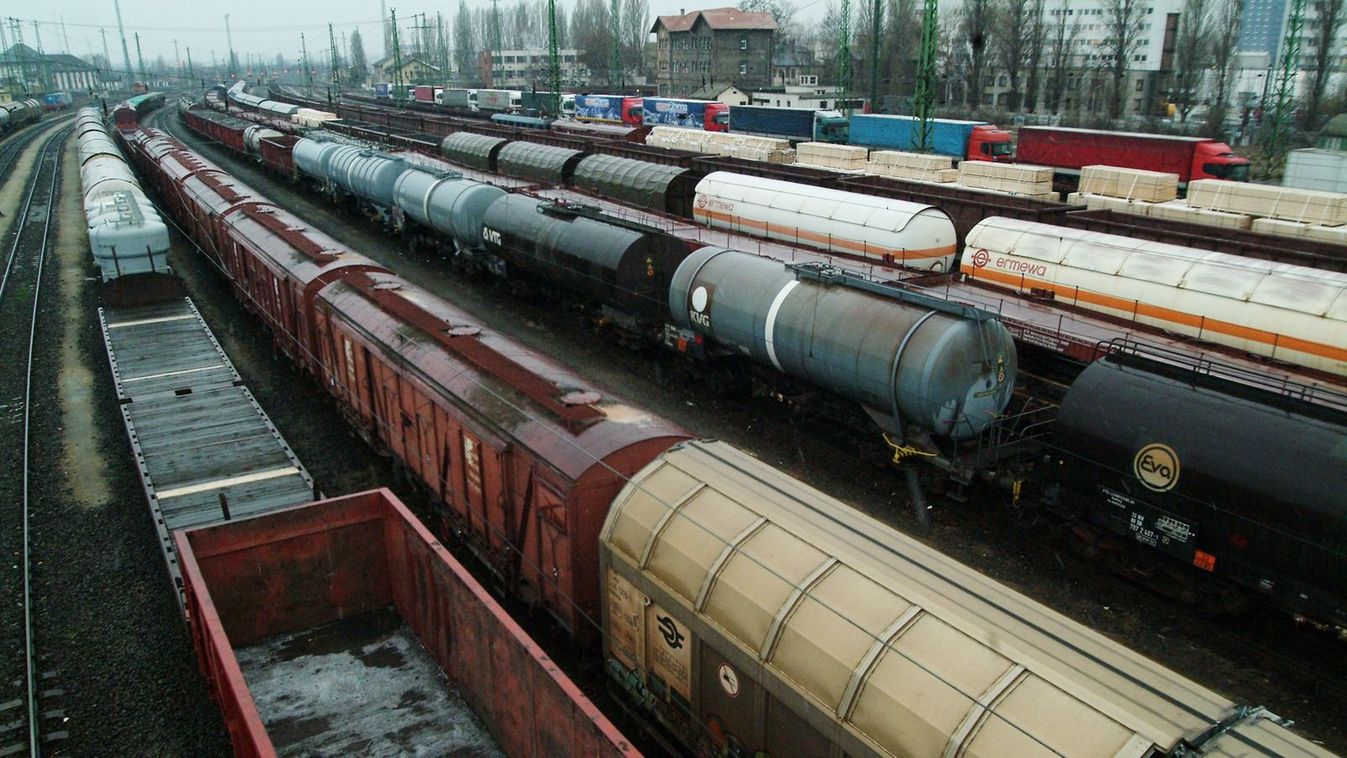Fiddling at the Fire
But markets that rise on both good and bad news are not stable markets. “Risk-off” episodes, in which investor sentiment sours, are likely to return if economic news worsens and confidence in policymakers’ effectiveness drops.
In the eurozone, euphoria followed the ECB’s decision to provide support with potentially unlimited purchases of distressed countries’ bonds. But the move is not a game changer; it only buys time for policymakers to implement the tough measures needed to resolve the crisis. And the policy challenges are daunting: the eurozone’s recession is deepening as front-loaded fiscal consolidation and severe credit rationing continues. And, as eurozone banks and public-debt markets become increasingly balkanized, establishing a banking union, a fiscal union, and an economic union while pursuing macroeconomic policies that restore growth, external balance, and competitiveness will be extremely difficult.
Even the ECB’s support is not obvious. Monetary hawks – the Bundesbank and several other core central banks – who were worried about a new open-ended ECB mandate pushed successfully for strict and effective conditionality for countries benefiting from the bond purchases. As a result, they can pull the plug on the program if its stringent criteria are not met.
Moreover, Greece could exit the eurozone in 2013, before Spain and Italy are successfully ring-fenced; Spain – like Greece – is spiraling into depression, and may need a full-scale bailout by the “troika” (the ECB, the European Commission, and the International Monetary Fund). Meanwhile, austerity fatigue in the eurozone periphery is increasingly clashing with bailout fatigue in the core.
Small wonder, then, that Germany, politically unable to vote on more bailout resources, has outsourced that job to the ECB, the only institution that can bypass democratically elected parliaments. But, again, liquidity provision alone – without policies to restore growth soon – would merely delay, not prevent, the breakup of the monetary union, ultimately taking down the economic/trade union and leading to the destruction of the single market.
In the United States, the latest economic data – including a weak labor market – confirm that growth is anemic, with output in the second half of 2012 unlikely to be significantly stronger than the 1.6% annual gain recorded in January-June. And, given America’s political polarization and policy gridlock, we can expect more fights on the budget and the debt ceiling, another rating downgrade, and no agreement on a path toward medium-term fiscal consolidation and sustainability – regardless of whether President Barack Obama is reelected in November. On the contrary, we should expect agreement only on the path of least political resistance: avoidance of tough fiscal choices until the bond vigilantes eventually wake up, spike long rates, and force fiscal adjustment on the political system.
In China, a hard economic landing looks increasingly likely as the investment bubble deflates and net exports shrink. Meanwhile, the reforms necessary to reduce savings and increase private consumption are being delayed. As in Europe and the US, the worst will be avoided in 2012 only by kicking the can down the road with more monetary, fiscal, and credit stimulus.
But a hard landing becomes more likely in 2013, as the stimulus fades, non-performing loans rise, the investment bust accelerates, and the problem of rolling over the debts of provincial governments and their special investment vehicles can no longer be papered over. And, given a new leadership’s caution as it establishes its power, reforms will occur at a snail’s pace, making social and political unrest more likely.
Meanwhile, Brazil, India, Russia, and other emerging economies are playing the same game. Many have not adjusted as advanced economies’ weakness reduces the room for export-led growth; and many delayed structural reforms needed to boost private-sector development and productivity growth, while embracing a model of state capitalism that will soon reveal its limits. So the recent slowdown of growth in emerging markets is not just cyclical, owing to weak growth or outright recession in advanced economies; it is also structural.
Similar dithering is apparent at the geopolitical level as well. The major global powers are still trying negotiations and sanctions to induce Iran to abandon its efforts to develop nuclear weapons. But Iran is playing for time and hoping to reach a zone of immunity. By 2013, an Israel that – rightly or wrongly – perceives Iran’s nuclear program to be an existential threat, and/or the US, which has rejected containment of a nuclear Iran, may decide to strike, leading to a war and a massive spike in oil prices.
Ineffective governments with weak leadership are at the root of the problem. In democracies, repeated elections lead to short-term policy choices. In autocracies like China and Russia, leaders resist the radical reforms that would reduce the power of entrenched lobbies and interests, thereby fueling social unrest as resentment against corruption and rent-seeking boils over into protest.
But, as everyone kicks the can down the road, the can is getting heavier and, in the major emerging markets and advanced economies alike, is approaching a brick wall. Policymakers can either crash into that wall, or they can show the leadership and vision needed to dismantle it safely.
Nouriel Roubini, a professor at NYU’s Stern School of Business
Copyright Project Syndicate 2012, www.project-syndicate.org

Portfóliónk minőségi tartalmat jelent minden olvasó számára. Egyedülálló elérést, országos lefedettséget és változatos megjelenési lehetőséget biztosít. Folyamatosan keressük az új irányokat és fejlődési lehetőségeket. Ez jövőnk záloga.























